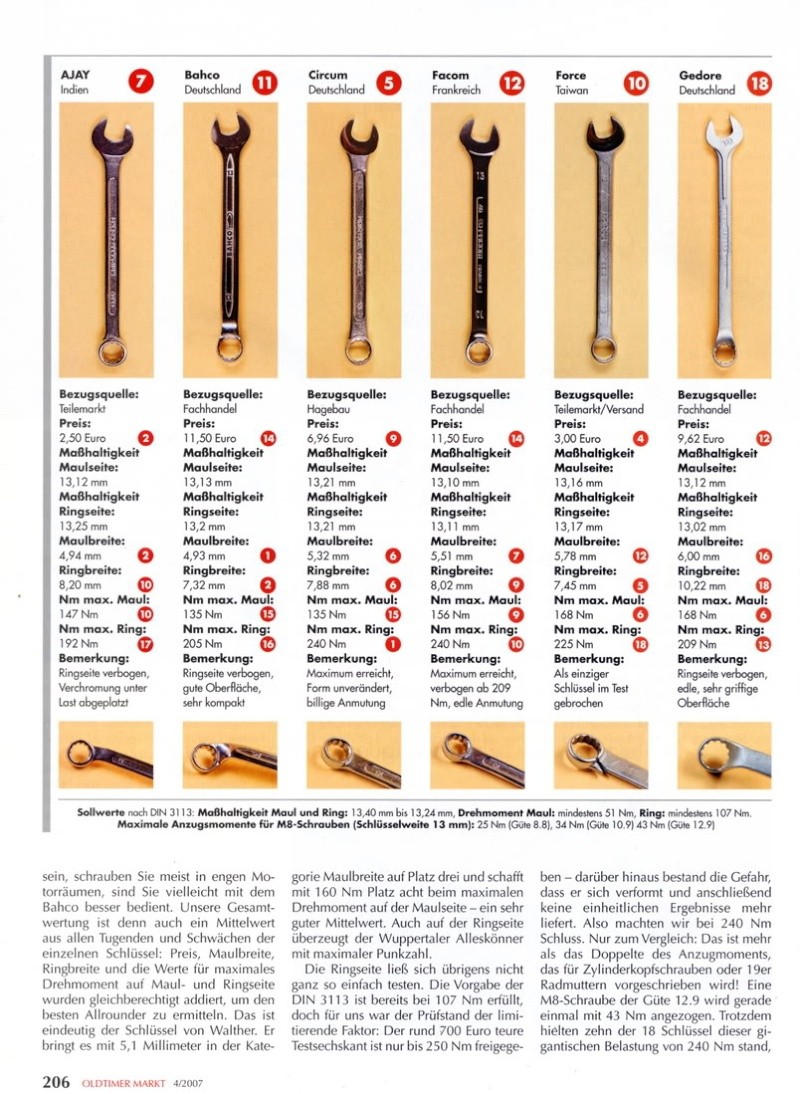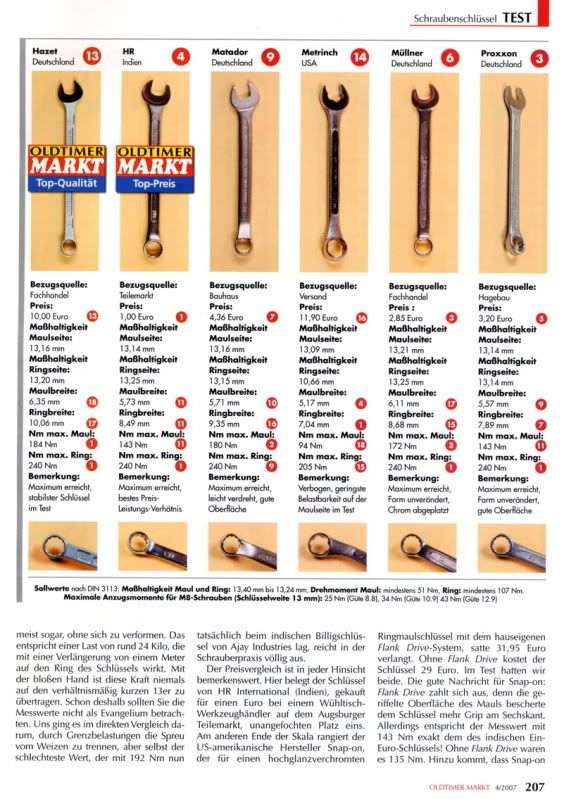Birdhunter
Member
- Joined
- Jun 16, 2012
- Messages
- 4,108
Do you guys have access to Snap-on Tool in the Netherlands? In the USA, Snap-On is the top grade brand of hand tool. They specialize in tool for automotive mechanics. They have a secondary brand that is for the less demanding buyer.



